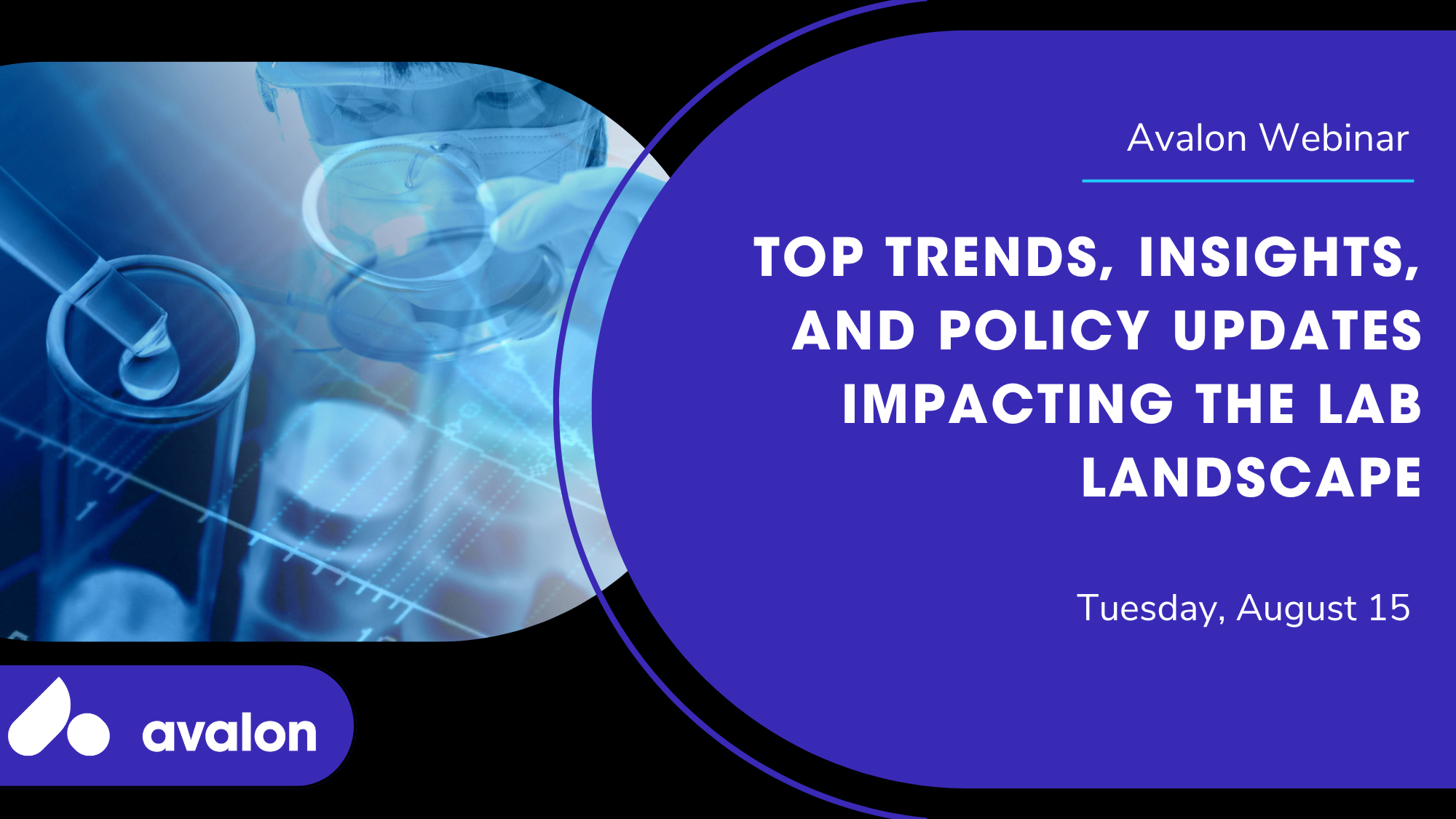On August 15th, Julie Barnes, Principal of Maverick Health Policy, provided valuable insights into the significant events of this year, shedding light on potential challenges and opportunities.
Policy Landscape Overview
It’s essential to understand the events and trends that have unfolded so far in 2023 while we wait for the House and Senate to return from a recess that will come to a close on Labor day. One noteworthy concern is the possibility of another government shutdown. Kevin McCarthy, among other legislators, urged the swift passage of the 2024 spending bills to avoid such a scenario. Of particular interest is the fate of the Affordable Care Act’s essential health benefits, which were challenged in court and appealed to the Fifth Circuit. The outcome could impact preventive care and beyond. Additionally, CMS outlined plans to negotiate prescription drug prices in Medicare, focusing on the ten most expensive drugs, sparking litigation.
Noteworthy Developments:
- FDA Proposed Rule on Lab-Developed Tests (LDTs): The FDA has proposed a rule that could extend its oversight to LDTs, classifying them as medical devices. LDTs were originally defined as lab tests that were designed and supervised within single labs, but the lack of formal oversight was highlighted during the pandemic as it became clear that the plethora of lab tests had expanded the scope of LDTs. The FDA’s attempt to pass the VALID Act to address this issue in Congress has faced repeated setbacks.
- Alzheimer’s Drug and Diagnostics Update: CMS announced a new coverage policy for Alzheimer’s drugs, requiring providers to participate in evidence collection. Full FDA approval was granted for Biogen and Eisai’s Leqembi, with implications for treatment.
- Fraud Focus and FTC Activity: Lab testing fraud, particularly in genetic testing, has been a significant concern. CMS oversight of Medicare payments for molecular pathology genetic tests revealed inadequacies, leading to substantial improper payments. The FTC focused on data privacy, particularly in genetic testing, and proposed amendments to its Health Breach Notification Rule.
- Genetic Testing and AI Regulation: The market for genetic tests has witnessed substantial growth, with increasing tests linked to disease conditions and drug responses. The FDA regulates AI in healthcare, yet debates continue about the role of AI and algorithms in coverage decisions.
- Physician Fee Schedule Changes and Information Sharing: CMS proposed changes to the Physician Fee Schedule, adapting to recent updates and allowing payment reductions. HHS OIG’s info-blocking penalty rule could result in penalties, and there are pending rules regarding electronic prior authorization.
- Weight Loss Drugs and Market Trends: Interest in weight loss drugs is rising, and market dynamics are evolving. Novo Nordisk’s Wegovy trial success and lobbying for Medicare coverage are notable factors.
Genetic Testing Market Insights
Jason Bush, EVP of Product at Avalon, discussed the challenges inherent in the growth of the genetic testing market. The genetic testing market is experiencing explosive growth, with projections indicating a forecasted market size of $10 billion within the next four years. There are currently over 175,000 clinical genetic tests available, and counting. This surge is driven by an increasing number of genetic tests connected to disease conditions and/or to drug responses.
Challenges in Genetic Testing – Rising Fraud, Waste and Abuse:
A steady increase in genetic test availability, combined with a manual prior authorization process and a lack of standardized test identification, has led to coverage eligibility dilemmas. This scenario has consequentially contributed to a rise in genetic testing fraud. The allure of significant financial gain coupled with a relatively low probability of detection has fostered an environment conducive to fraudulent activities.
Creating an Optimal Genetic Test Benefit Program:
To address these challenges, an optimal genetic test benefit program would involve prior authorization, accreditation, and a focus on test quality. Coverage criteria should be grounded in scientific evidence, and operational efficiency can be enhanced through unique test identifiers. Combatting fraud, waste, and abuse in genetic testing is also critical.
Strategies for Success:
Remaining at the forefront of genetic test management requires several key steps:
- Base policies on scientific expertise.
- Continuously review and optimize utilization management processes.
- Implement unique test identifiers for efficient evaluation and pricing.
- Develop strategies to combat fraud, waste, and abuse in genetic testing.
Avalon’s comprehensive genetic test management solution is one way the company has successfully addressed the rise in genetic testing – find more information about Avalon’s solutions here.
In conclusion, staying abreast of these developments and embracing strategic measures will empower industry professionals and providers to navigate the evolving healthcare landscape effectively. The dynamic nature of genetic testing, policy changes, and emerging technologies underscores the need for constant vigilance and adaptation to ensure the best outcomes for patients.

